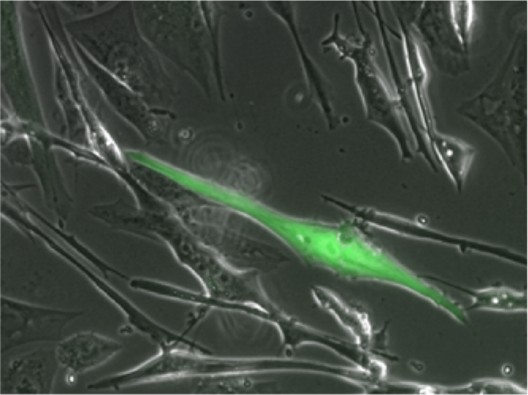Investigator: Daniel G Miller MD PhD
Category: Research - Translational
A major goal of the Seattle FSHD research consortium has been to develop platforms for drug discovery. Initial efforts involved identifying or confirming drug targets. Recent work has resulted in considerable support for DUX4 and downstream targets of DUX4 as being suitable targets for drug therapies that might affect the progression of muscle weakness in FSHD patients. The simplest and perhaps most effective drug target would be the DUX4 gene itself. Prevention of transcription from this gene would eliminate DUX4 protein production and hopefully attenuate the progression of muscle weakness in FSHD patients. Dr. Miller plans to develop methods to screen libraries of small molecules for their affect on DUX4 gene expression with the hope that molecules that suppress DUX4 production may be discovered and become the basis for pharmacologically active compounds that can be tested for their effect on attenuating the progression of muscle weakness.

The regulatory region of the FSHD-causing DUX4 gene is placed next to a reporter gene that turns cells green. This project proposes to develop these kinds of reporter assays so chemicals can be discovered that shut down the green color that is easy to detect by automated screening. Since these chemicals are acting on the regulatory region of the DUX4 gene, they should also have the affect of shutting off DUX4 production which should slow the disease process.

Fuorescently labeled human Muscle cell Reporting Activity of the DUX4 gene regulatory region.
See Progress Report






Connect with us on social media